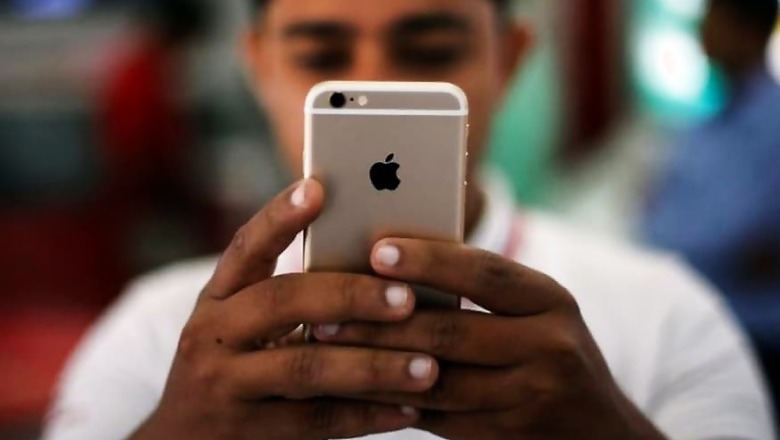
views
As 5G becomes increasingly integral to industrial businesses and digitalisation, the revenue from 5G-enabled digitisation in India will reach $25.9 billion by 2026, a report by communication technology and services provider Ericsson said on Tuesday.
The Indian operators can generate additional revenues of $13 billion or half of the stated potential if they take up roles beyond being connectivity and infrastructure providers to become service enablers and service creators, the report added.
"We see a clear growth in the opportunity for new 5G-enabled revenues. To capture this value, investments in networks, business development, go-to-market models and organisational adaptation is required," Paolo Colella, Head of Region India, Ericsson, told reporters here.
Operator revenues from traditional services are likely to grow from $37 billion to $63 billion in India by 2026 owing to population growth, increased penetration, and high GDP growth. 5G and 4G will be instrumental for the same.
However, 5G-enabled industry revenue potential for operators can potentially add some incremental 20 percent (or $13 billion) on top of the $63 billion, the findings showed.
The largest opportunity will be seen in sectors like manufacturing, energy, and utilities followed by public safety and health sectors.
Ericsson India has set up a Centre of Excellence with a 5G test bed and incubation center at IIT Delhi to drive the development of the country's 5G ecosystem.
Ericsson also launched several 5G-ready radio solutions for the Indian market including AIR 6468, Baseband 5216, Mini-Link 6352.
AIR 6468 is a 64T/64R active antenna system that supports LTE and the 5G NR standard in the evolution towards 5G, supports the 5G plug-ins Massive MIMO and Multi-user MIMO and works with today's Ericsson Radio System Baseband.
Baseband 5216 provides the baseband processing resources for the encoding and decoding of the uplink and downlink radio signals, radio control processing and radio network synchronisation.
Mini-Link 6352 is an all outdoor and zero footprint microwave node which speeds up and facilitates the roll out with no need for a site building. It upgrades transport technology to meet the needs of 5G with the capability to support up to 10Gbps of throughput.
"We are talking to the Indian operators to pilot our 5G-ready solutions in today's 4G networks so that we can have a seamless and cost-efficient migration to 5G," added Nitin Bansal, Head of Network Products, Ericsson India.



















Comments
0 comment